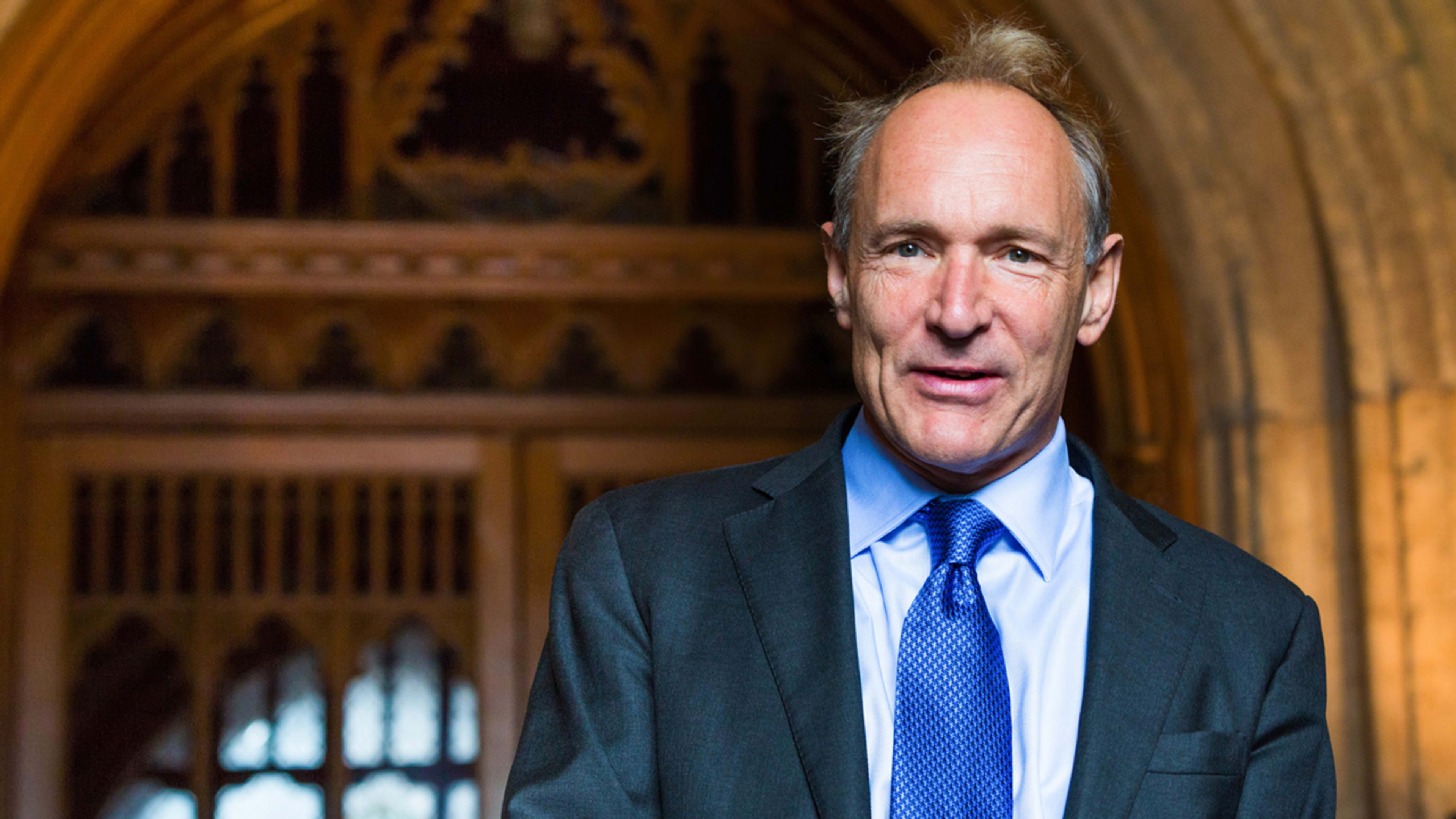Thirty years ago on Tuesday, Tim Berners-Lee essentially gave birth to the web we know it today. In honor of the event, he’s out with a short treatise describing how the internet has transformed our daily lives, and how the whole thing could be spoiled if we don’t get control of several key problems.
Berners-Lee starts out by striking a hopeful, encouraging tone. “Against the backdrop of news stories about how the web is misused, it’s understandable that many people feel afraid and unsure if the web is really a force for good,” Berners-Lee writes at the World Wide Web Foundation website. “But given how much the web has changed in the past 30 years, it would be defeatist and unimaginative to assume that the web as we know it can’t be changed for the better in the next 30.”
To that end, he points to the web’s most serious problems:
- Deliberate, malicious intent, such as state-sponsored hacking and attacks, criminal behavior, and online harassment.
- System design that creates perverse incentives where users’ value and well-being is sacrificed, such as ad-based revenue models that commercially reward clickbait and the viral spread of misinformation.
- The unintended negative consequences of benevolent design, such as the outraged and polarized tone and quality of online discourse.
“While the first category is impossible to eradicate completely, we can create both laws and code to minimize this behavior, just as we have always done offline,” Berners-Lee writes. “The second category requires us to redesign systems in a way that change incentives. And the final category calls for research to understand existing systems and model possible new ones or tweak those we already have.”
Related: Tim Berners-Lee tells us his radical new plan to upend the World Wide Web
Many of the bad behaviors Berners-Lee calls out are typically perpetrated via social networks like Facebook. “Companies must do more to ensure their pursuit of short-term profit is not at the expense of human rights, democracy, scientific fact or public safety,” Berners-Lee writes, without naming any names.
He also highlights an effort by the Web Foundation to build A Contract for The Web, a project modeled on principles like the Universal Declaration for Human Rights, and created in partnership with citizens, companies, and governments. (Sir Tim has also launched his own startup aimed at “decentralizing” the web.) But he stresses that governments have an especially huge role to play in the future development of the internet.
“Governments must translate laws and regulations for the digital age. They must ensure markets remain competitive, innovative and open. And they have a responsibility to protect people’s rights and freedoms online. We need open web champions within government — civil servants and elected officials who will take action when private sector interests threaten the public good and who will stand up to protect the open web.”
Read his whole treatise—or if you like, web log—here.
Recognize your brand’s excellence by applying to this year’s Brands That Matter Awards before the early-rate deadline, May 3.
